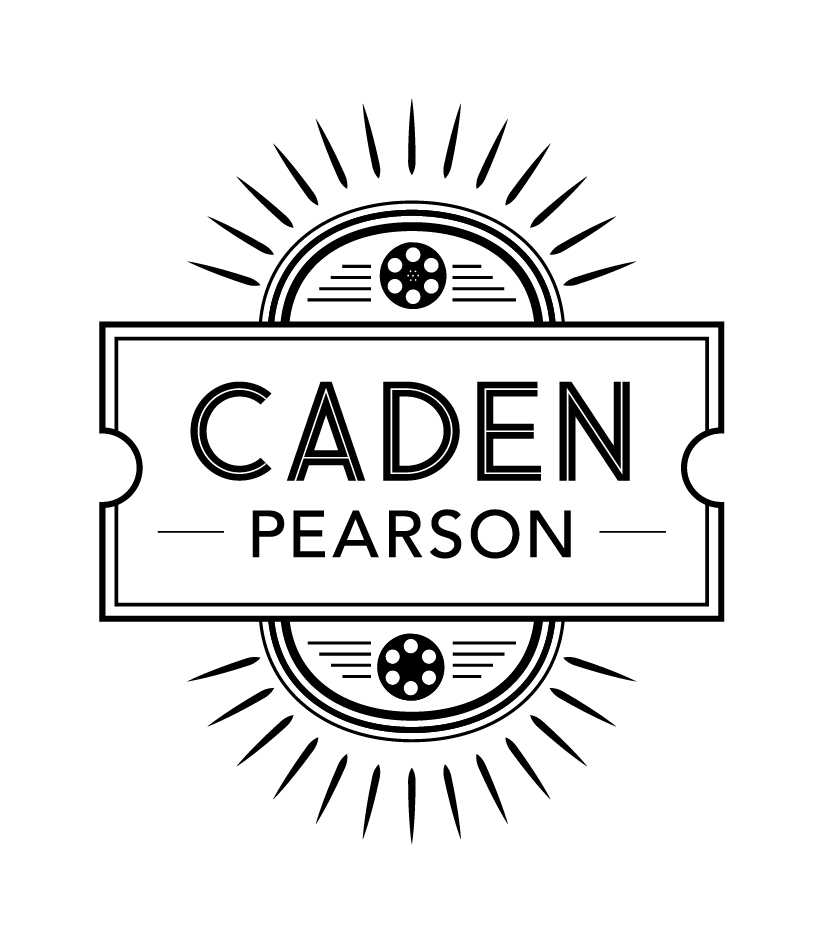Movies are emotion machines and therein lies their power to condition people. As writers and directors we learn techniques to emotionally manipulate audiences and it's surprisingly easy to make viewers think positively about, say, a protagonist who is serial killer or mobster. Scary. The way to do is to just make the antagonists even worse.
I wrote a list when I was a boy of every career I wanted to have, including being a professional thief, of all things. It was all because movies made them look cool to me.
One thing I'd like to see writers use less is the trope of country towns being backwards places. There are many virtues to rural life. The spirit of community in small towns can be very uplifting. I'm exploring this in a new documentary I'm developing for a national broadcaster.
Have you ever questioned, for example, your impression of a historical era? I found I had all these ideas but I've only experienced most history via the screen. Movies. They're powerful emotion machines. Shaping perception of reality.
Whenever I am inspired or fired up about a story I feel a sense a responsibility. What if my story influences someone to do something wrong? I bear a portion of that karma.
So yes, movies are emotion machines, but even when manipulating the emotions of people, a filmmaker has the choice to enhance the emotions around the truth, and not lies. In this way, it doesn't become propaganda, but a tool for clarifying the truth.
